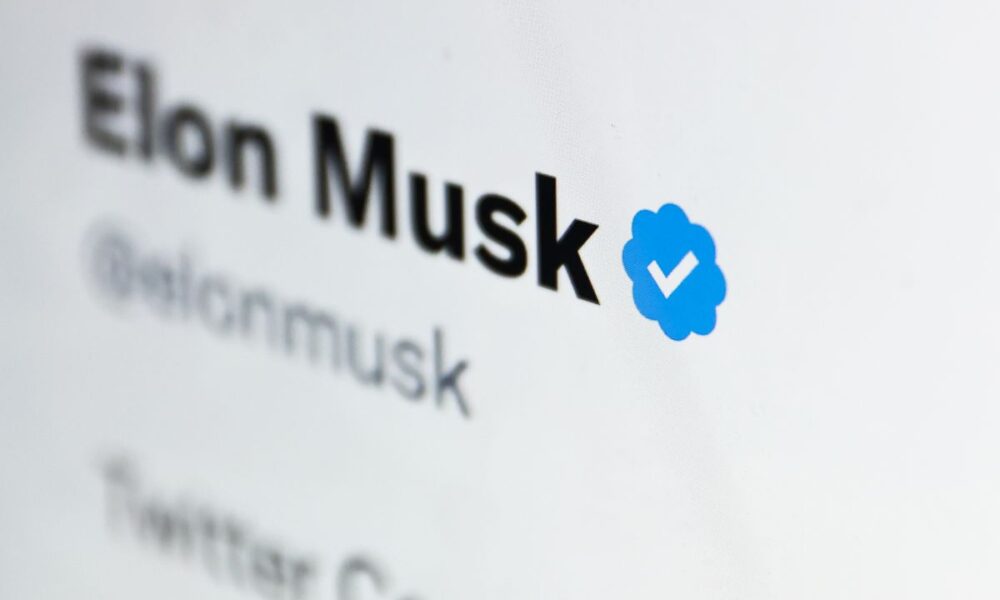
Has Elon Musk Made a 44 billion Dollar Mistake?
A Look into Twitter’s Acquisition
A. T. Gilchrist
Recently, tech mogul Elon Musk finally purchased one of the top ten biggest social media platforms; Twitter. However the acquisition took months to finalise and was riddled with twists and turns. He began investing in the company during late January according to the Securities and Exchange Commission, and by March 14th he became the company’s largest shareholder with a 9.2% stake. On April 4th, Musk disclosed his stake in Twitter, revealing it to be $2.89 billion, causing shares to rise over 27% with the announcement. The following day, the company announced the magnate would join the company’s board of directors. Twitter CEO Parag Agrawal said on the platform:
“He’s both a passionate believer and intense critic of the service which is exactly what we need on @Twitter, and in the boardroom, to make us stronger in the long-term, welcome Elon!”
However several days later Musk himself announced that he would in fact not be joining the board at all. On April 14th, he offered to buy the company at $54.20 per share, valuing the company at about $43 billion. Musk reportedly gathered $46.5 billion dollars in financing for a potential acquisition, which was delivered on the following day as Twitter accepted Musk’s deal, now valuing the company at $44 billion. Musk secured further financing by selling off $8.5 billion worth of Tesla stock as well as from Oracle co-founder Larry Ellison, venture capital firm Sequoia Capital and cryptocurrency exchange Binance, an estimated $7 billion, pitching that he would quintuple Twitter’s revenue by 2028, increasing annual earnings to $26.4 billion.
However, on May 13th, the Tesla CEO tweeted that the Twitter deal was “temporarily on hold” due to concerns of the prevalence of spam and bot accounts, citing a Reuters report that estimated their prevalence to be around 5% of all accounts. In June, he subsequently threatened to pull out of the deal if Twitter didn’t provide him with more information about the prevalence of bots, though the company argued that they had been sharing all information with the billionaire “in accordance with the terms of the merger agreement.” In response, Musk moved to terminate the deal so called due to the issue of the fake accounts. As a result, Twitter sued him in Chancery Court, Delaware, to force him to complete the deal:
“Musk refuses to honour his obligations to Twitter and its stockholders because the deal he signed no longer serves his personal interests … Musk apparently believes that he — unlike every other party subject to Delaware contract law — is free to change his mind, trash the company, disrupt its operations, destroy stockholder value, and walk away.”
However the court ruled that the trial should take place in October, allowing Musk several months leeway. But before the Court could continue, on October the 4th he proposed the completion of the deal to acquire Twitter, finalising the arrangements on the 28th at the original offer of $54.20 a share, at a total of $44 billion.
But what does this mean for the company and its users? Well to start with, as I’m sure you have heard, Musk has introduced a monthly $7.99 dollar fee for the coveted blue check, which many celebrities such as author Stepehn King have slammed, stating “They should be paying me”, but for a company 13 billion dollars in debt and losing 4 million dollars a day, these fees will be a drop in the ocean, for if all 424,000 verified users agreed to pay $8 to keep their blue tick, Twitter would generate only about $3.4 million a month. Secondly, Musk has now reportedly laid off half of Twitter’s 8000 workers, with entire departments such as their ethical AI team and human rights section being sacked. This has resulted in many human rights groups and activists calling for advertisers to desert Twitter, with big names such as General Motors, Coca-Cola, Nintendo and Spotify halting advertising on the platform. Finally, with further cuts coming to workers as well as infrastructure, questions have been raised about the site’s user safety and content moderation, and it will be interesting to see whether Musk will be able to reign the massive social platform or if it will become an investment he soon regrets.
